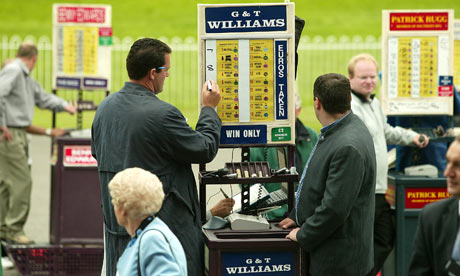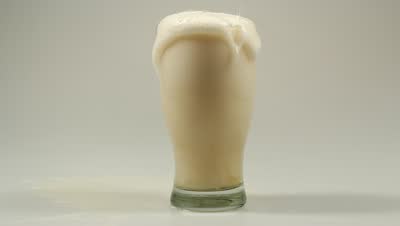This is the story of two men with gambling habits and a pint of frothy beer. But there might be a bit more to it than that. There’ll be a short quiz at the end, to see if you’ve been paying attention. Read on…
Poker-Face Dan

Dan lives in a country that is neither particularly rich nor particularly poor. He has a job and his total income is £8000 a year. His friends call him “poker face” as Dan is a mean poker player. His gambling is successful and his poker winnings bring in £400 of his annual earnings. His long-suffering wife Maria is deeply troubled by his habit. She has found out that Dan gambles over £120,000 a year on poker games. Dan says not to worry as he is good at the game. Maria thinks his luck will run out one day and bring ruin to his family.
Oliver: “A Bit of a Flutter”

Oliver lives in a much richer country. Also with a job, he brings in a total of £26,000 a year. Oliver’s new girlfriend Amelia really enjoyed the day out at the races they went to recently. But she was a bit surprised by the size of the bets Oliver was placing, including one bet of £5000. Oliver said he likes “a bit of a flutter” on the horses. He told her not to worry: he’s a real expert, studying form and placing his bets with care. In a typical year, Oliver’s betting contributes a useful £3500 to his annual income. Amelia might be a bit more worried if she knew Oliver placed bets totalling £4 million each year – the equivalent of gambling most of his annual salary every day.
The Frothy Pint

A man walks into a pub and orders a pint of lager. He notices whilst it’s being poured that it looks a little frothy. “Beer’s a bit lively tonight” he says to the barmaid. She just smiles and says nothing. The man takes his drink to a table and sits down. He notices his beer still looks frothy. In fact, there’s only two-thirds of a teaspoonful of liquid in his glass; the rest is head. He takes the drink back to the bar and complains. The barmaid shrugs and says there’s nothing she can do: it’s always like that. The man sits down slowly again, still feeling he’s been cheated. (Sorry if you were expecting a good punchline!)
What’s Happening Here?
Well, I confess, this story is not really about Dan, Oliver and the pint of lager. It concerns the global economy in 2015 and financial services in particular. Economic statistics quote numbers so huge – total world income, for example, is around 74 trillion US dollars a year – it’s hard to relate them to anything real. So I’ve scaled everything down to more human-like terms.
Let’s start with the pint of frothy lager. As recently as 1975, roughly 80% of all global foreign exchange transactions involved the real trading of a product or service. Only 20% were speculative, betting on the rise or fall of prices, exchange rates or some such. Since the liberalisation of financial services in the 1980s, the proportion of speculative transactions has increased almost beyond belief. The speculative stuff now accounts for nearly all the activity: only 0.6% of transactions involve something tangible. That’s equivalent to the two-thirds teaspoon (3.4ml) of actual beer in the pint (568ml) glass.
Dan and Oliver represent the global and the UK economies. Daniel is, apparently, a popular man’s name in Peru. Peru comes half-way down the International Monetary Fund’s ranking of 183 national economies, in terms of income per head of population. Oliver and Amelia are the most popular boys’ and girls’ names in Britain, which comes 27th in the IMF’s rankings.
Dan’s income of £8000 is the average global income per person. £26,000 is UK middle income. Financial services represent about 5% of the world’s income, but 13% for the UK.
Globally, money equal to the entire planet’s annual output (or income) is traded every 14 working days. In Britain, our annual GDP is traded every one and a quarter days.
Compare Britain’s place in the world with these three numbers:
- 1% of the world’s population
- 2.5% of the world’s income
- 37% of the world’s daily financial transactions.
After the 2010 election, David Cameron promised to rebalance Britain’s economy away from an over-reliance on finance. With over 50% of Tory Party donations coming from financial institutions in the City, don’t bet on real reforms any time soon.
A Short Quiz
Think back to the concerns of Maria and Amelia, with their partners’ gambling habits. Considering the state of affairs in financial services in Britain and around the world, do you think the current situation is:
- perfectly OK as it is,
- a bit worrying, or
- stark raving mad?